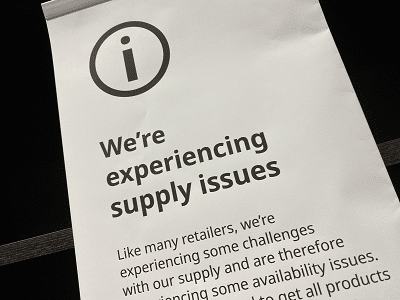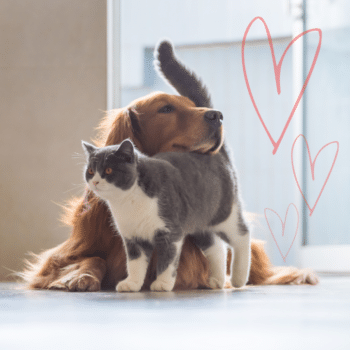We all know cats are curious, but do we know what they’re curious about? If they could ask us anything, what would it be? And how would you answer their questions? Well, we received some anonymous submissions from your cats (with our special kitty translating device of course!) and this article will nip their curiosity with clarity!
Where did I come from?
The domestic pet cat, Felis sylvestris catus, is a descendant of the North African/Arabian wildcat, Felis sylvestris lybica, which still exists today. It isn’t known exactly when domestication or taming started but evidence suggests it began when humans started developing agricultural villages some 10,000 years ago. The grain stores attracted the rodents, and the rodents attracted the cats.
Why do I have to travel in a box, and you don’t?
Simple, a human wouldn’t fit in a cat box! But seriously, cats travel in carriers because it’s the safest way to get them from Point A to Point B. When Point B is the veterinary clinic, the carrier keeps a cat safe and provides privacy from other animals (such as a hyperactive puppy that wants to play with anything that moves).
Why can’t I have unlimited food?
Felis sylvestris catus comes from a long line of hunters, not grazers. Hunters are opportunists, meaning that when they see a meal, they go after it, hungry or not. A cat living outdoors (such as a stray or feral) needs to expend a lot of energy every day while hunting, and if the opportunity for an easy catch presents itself, they will go after it! Indoor domestic cats still have the opportunist instinct and if food was left out for them all the time, they would likely eat too much. Overeating is the leading cause of obesity in domestic cats, and obesity comes with a whole set of other problems.
A few more reasons food shouldn’t be left out all the time: it’s difficult to notice changes in appetite; there’s no way to know how much one cat is eating compared to other feline roommates; it may attract pests like bugs and rodents!
Why can’t I eat dog food?
It’s tasty, right? Not that anyone has ever tasted their dog’s kibble…but seriously. A cat’s body is very different from that of a dog. Unlike dogs, cats are obligate carnivores. This means they require more dietary protein and other animal-based nutrients that their bodies can’t produce, such as the essential amino acid, arginine, and the essential fatty acid, arachidonic acid. Cats need a diet formulated specifically for their needs to live long and healthy lives.
I’m an indoor cat, so why do you put that parasite prevention goop on my back?
Because parasites can live indoors, too! Fleas and ticks can easily make their way into a house by traveling on an owner’s jacket or a dog’s fur (even if the dog is also treated with prevention medication). Besides the skin and coat symptoms fleas cause for cats, they can also carry tapeworm eggs. When a cat licks or bites an itchy spot and unknowingly ingests an infected flea, the tapeworm eggs are ingested with it and will grow into adult tapeworms in the cat’s gut. Preventing parasites is easier and safer than treating them after the fact!
Can I fit inside all cardboard boxes?
Somehow, yes, but science hasn’t been able to explain that one yet.
Are cats superior to dogs?
Yes.
Are you just saying “yes” because you’re afraid of what I may do while you sleep?
Yes.
So, can I use your fingers as toys?
NO!
LifeLearn News
Note: This article, written by LifeLearn Animal Health (LifeLearn Inc.) is licensed to this practice for the personal use of our clients. Any copying, printing or further distribution is prohibited without the express written permission of Lifelearn. Please note that the news information presented here is NOT a substitute for a proper consultation and/or clinical examination of your pet by a veterinarian.










